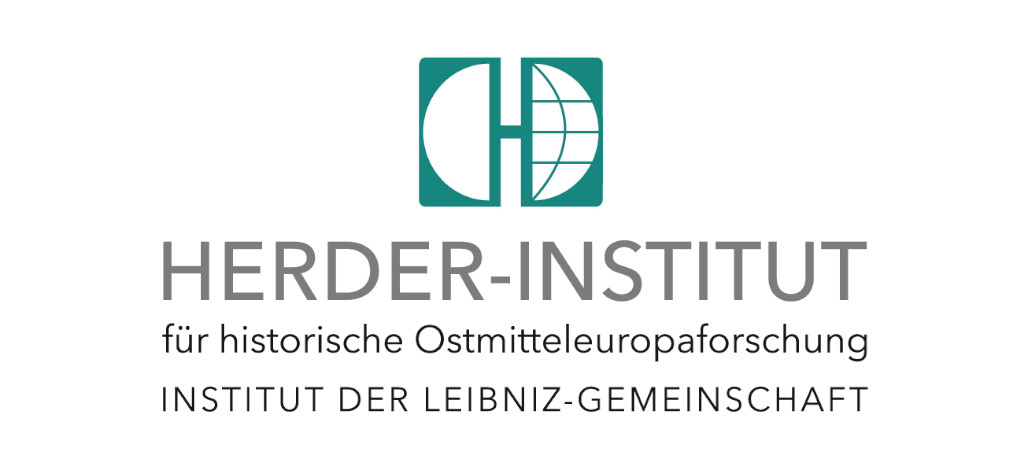Main Content
Subproject B03
Confessional minorities as a security problem in the early modern era
1. Funding period (2014-2017)
The research of the subproject is based on the assumption that confessional minorities and confessional conflicts were not a security threat by themselves, but only became a security issue in the course of discursive processes under certain conditions. Accordingly, there were concrete actors who had an interest in addressing the conflicts under the aspect of "security," i.e., in securitizing them in the sense of the Collaborative Research Center.
The concept of securitization will be applied as a historical category of analysis within the framework of the subproject to two historical case studies. Work project I (Wenzel) deals with the religious wars in 16th century France, work project II (Fink) with Poland-Lithuania in the 16th and 17th centuries. On the basis of these case studies it will be investigated which actors initiated or implemented security processes under which conditions and with which objectives and which consequences this had for the course of the conflict or the conflict resolution. In this context, the question of security dilemmas also plays a role, i.e. situations in which the securitization of conflicts or attempts to produce security did not result in more security but, on the contrary, created new security risks. This raises questions about the relationship between religion and theology and primarily political options for action, for example in the form of a change from an eschatological expectation of salvation to politically (and possibly also militarily) enforceable concepts of the future, both on the part of the minorities themselves and on the part of state actors.
The subproject also deals with the interplay between internal and external security, since minorities have often been identified as triggers for intervention or used as arguments for intervention. By analyzing processes of securitization in France and Poland-Lithuania in the sixteenth and seventeenth centuries, the subproject consequently approaches the security history of confessional minorities from two angles: On the one hand, the approach makes it possible to analyze the thematization of minorities as a security risk in an innovative way; on the other hand, the question can be traced which specific security needs confessional minorities themselves had or expressed, whereby the question of the situational semantics of "security" (or "sûreté," "obwarowanie") is also posed. In doing so, the subproject inevitably breaks away from the etatist perspective of the Copenhagen School's approach to securitization, since processes of securitization on the part of confessional minorities were not only initiated by the state, but also, and to a much greater extent, by the confessional minority itself, and thus by non-state actors.
Inhalt ausklappen Inhalt einklappen Members
Subproject Heads
Prof. Dr. Hans-Jürgen Bömelburg
PD Dr. Ulrich Niggemann
Research Assistants
Swetlana Fink
Christian Wenzel



